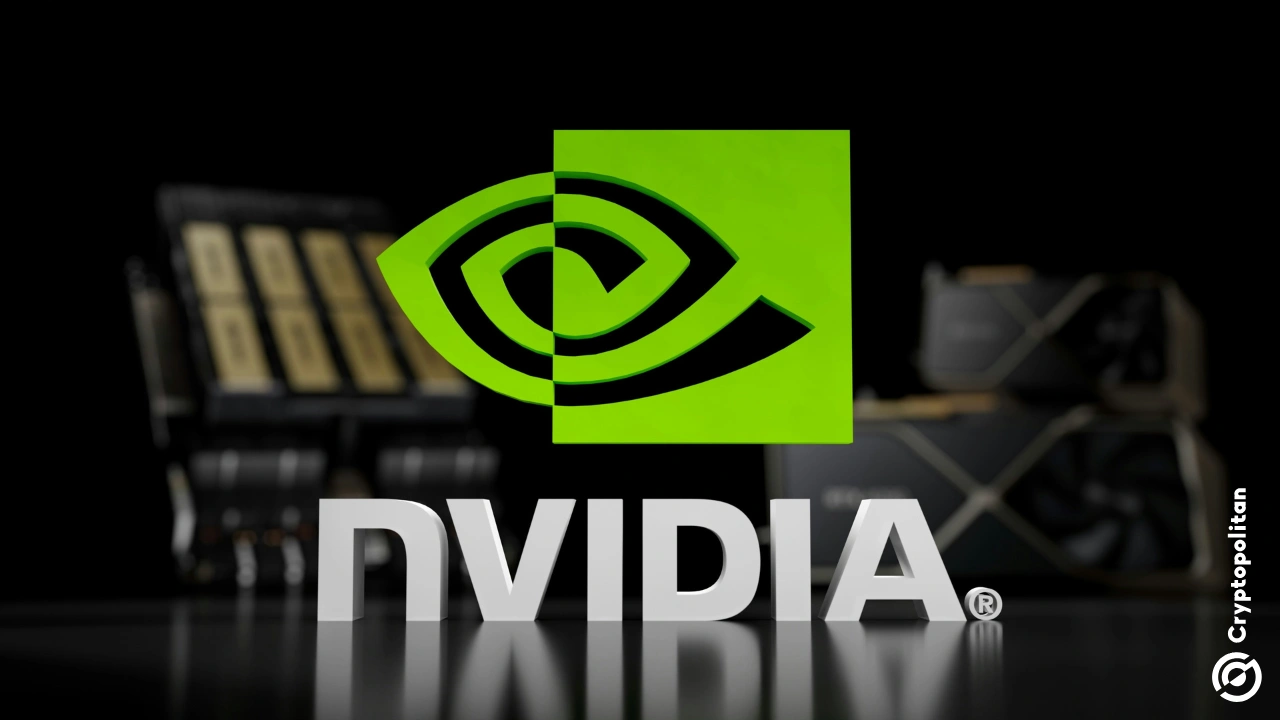China Still Received Over $1 Billion in Nvidia AI Chips Amid Export Controls

The Rise of a Black Market for Advanced AI Chips in China
Over $1 billion worth of Nvidia’s top AI processors has flowed into China within just three months, despite strict U.S. export restrictions imposed by former President Donald Trump. This revelation, reported by the Financial Times, underscores the challenges Washington faces in limiting Beijing’s access to cutting-edge semiconductors.
Nvidia’s B200 chip, which is officially banned from direct sale to China, has become highly sought after on the black market. This development highlights the difficulty of enforcing export controls and the growing demand for advanced AI technology in China. Major U.S. companies like OpenAI, Meta, and Google rely on these chips to train their AI systems, but now they are being sold in bulk through unofficial channels.
The surge in B200 chip sales began in May, as Chinese distributors started offering the processors to data center suppliers serving local AI developers. This occurred just weeks after Trump blocked shipments of the H20 chip under Joe Biden’s export curbs. According to Chinese law, companies can import and resell restricted chips if they pay the proper tariffs. However, exporting these parts from the U.S. to China without approval violates American export controls.
A Growing Industry Amid Restrictions
In response to the increased activity, Nvidia’s CEO, Jensen Huang, recently announced that the U.S. would soon resume legal sales of the China-specific H20 chip. However, before this announcement, distributors in provinces such as Guangdong, Anhui, and Zhejiang were already selling not only B200s but also other banned models like the H200 and H100. Industry estimates suggest that the total value of these unauthorized sales exceeded $1 billion during this period.
Despite the influx of banned chips, Nvidia claims it has “no evidence of any AI chip diversion” and states that it does not know of or participate in any unauthorized sales into China. The company argues that using smuggled chips for data centers is economically and technically unfeasible. It also emphasizes that its service and support are available only for authorized products.
The Role of Key Players in the Black Market
One of the most prominent players in this underground trade is a company called Gate of the Era, based in Anhui. Founded in February amid rumors that Trump would block H20 exports to China, the firm is owned by another Shanghai-based group with the same name. Gate of the Era assembles chips into ready-to-use racks, each containing eight B200s along with power, cooling units, and software for direct integration into data centers.
A single rack, roughly the size of a suitcase and weighing about 150 kg with packaging, now sells for between Rmb 3 million and Rmb 3.5 million (about $489,000), down from over Rmb 4 million when they first appeared in China in mid-May. Even at the lower price, this represents nearly a 50% markup compared to U.S. rates.
According to insiders, Gate of the Era received at least two shipments, each consisting of several hundred racks, since mid-May. The company then sold them directly or through smaller middlemen to data center operators and other buyers. Its B200 rack sales are estimated to be close to $400 million.
The Link to Major Shareholders and Partners
China Century, also known as Huajiyuan, is listed as one of Gate of the Era’s largest shareholders. This Shanghai-based AI solutions provider claims to have a Silicon Valley lab and a supply center in Singapore, aiming to build “the new century of a smart China.” The company lists AliCloud, ByteDance’s Huoshan Cloud, and Baidu Cloud as trusted partners. However, after being contacted by the Financial Times, Huoshan Cloud’s logo was removed from China Century’s website.
A spokesperson for China Century told the Financial Times that the company focuses on “smart city work” and has no involvement in chip-related business.
Tracing the Source of the Chips
Industry insiders, along with product specifications and packaging photos seen by the Financial Times, point to Supermicro, an American assembler of chip systems, as the original source for the B200 racks sold in China. This connection raises further questions about how these high-value components are making their way into the hands of Chinese buyers, bypassing U.S. export controls.
As the demand for advanced AI chips continues to grow, so too does the complexity of the global supply chain. With major tech firms relying on these processors, the challenge of preventing their unauthorized distribution remains a pressing issue for policymakers and industry leaders alike.